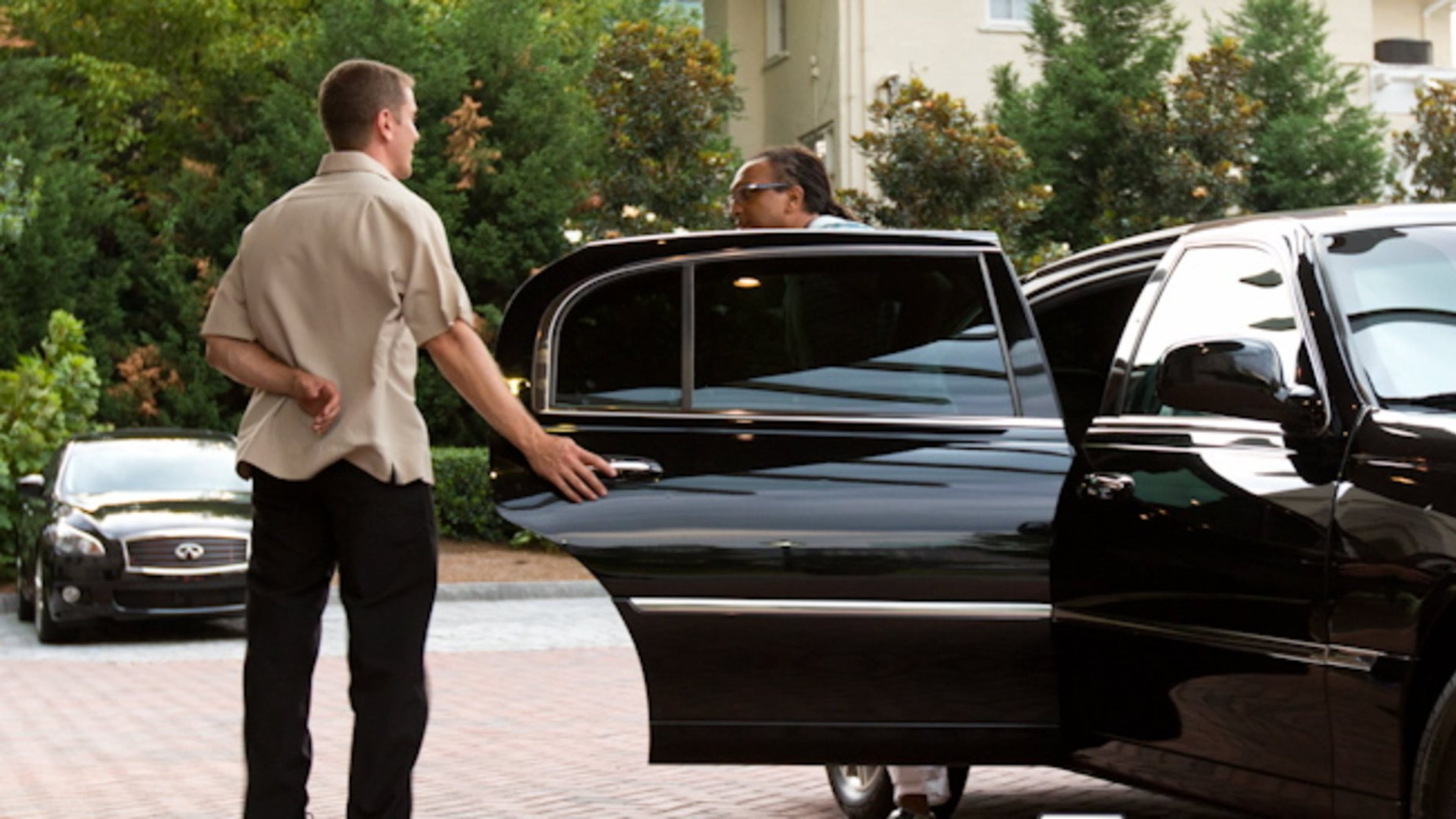Atlanta taxicab drivers sue Uber ride-sharing service

Atlanta taxicab drivers are suing Uber, a popular ride-sharing service that connects passengers with drivers through a smartphone app, claiming the company is operating as a taxicab service without a license.
In the Fulton County Superior Court lawsuit, the drivers say Uber is violating a city ordinance that makes it illegal for a taxicab to operate without a city-issued certificate of public necessity and convenience.
“Uber has been operating in Atlanta with little concern about the safety of their passengers and zero concern for the laws that protect them,” Scott McCandliss, one of 13 cabbies and owners who filed the suit recently, said in a statement. “Our incomes have steadily dropped since Uber started and legally licensed drivers are leaving the business.”
An Uber spokesman said the San Francisco-based company, which entered Atlanta in 2012, will fight the suit.
“While we can’t comment on active litigation, I can tell you that Uber will vigorously defend the rights of riders to enjoy competition and choice, and for drivers to build their own small businesses,” spokesman Taylor Bennett told The Atlanta Journal-Constitution on Wednesday.
The spokesman would not disclose the exact number of customers and drivers Uber has locally.
“We have thousands of riders and driver partners throughout the Atlanta area,” Bennett said.
The Atlanta plaintiffs are seeking unspecified damages and class-action status for their suit to cover 1,100 other licensed cabbies who they believe may have been harmed by the ride-sharing service.
Uber’s drivers do not actually work for the company. They sign up to provide rides and must follow Uber’s guidelines on operating a clean, safe and inviting vehicle stocked with bottled water, mints and magazines.
Uber advertises and solicits business for the drivers, dispatches the calls and charges customers’ credit cards based on time of use and mileage, just like regulated cab services, the suit says.
In their argument that Uber is a taxicab service, the plaintiffs say the company’s app, which tracks customers’ time spent in a vehicle and mileage, is a “technologically advanced version of a taximeter” attached to a cabbie’s speedometer.
The Atlanta cabbies say they pay up to $8,000 a year to rent the use of licenses, referred to as “medallions,” from cab companies. In return, they say they are granted exclusive access to the city’s cab fares.
The cabbies also claim Uber entices limousine drivers to sign up to provide rides as taxi services in violation state laws regulating the limousine industry.
The Atlanta suit isn’t the first challenge to the company’s services.
• A Maryland commission ruled Uber must apply for a permit to continue operations in the state.
• A Boston labor lawyer is suing the company, accusing it of improperly classifying drivers as independent contractors to avoid paying them benefits.
• Drivers in California sued the company, claiming they get only a portion of gratuities, which Uber advertises is included in the cost of its service.
Uber’s service is available in more than 40 countries and 200 cities around the world.


